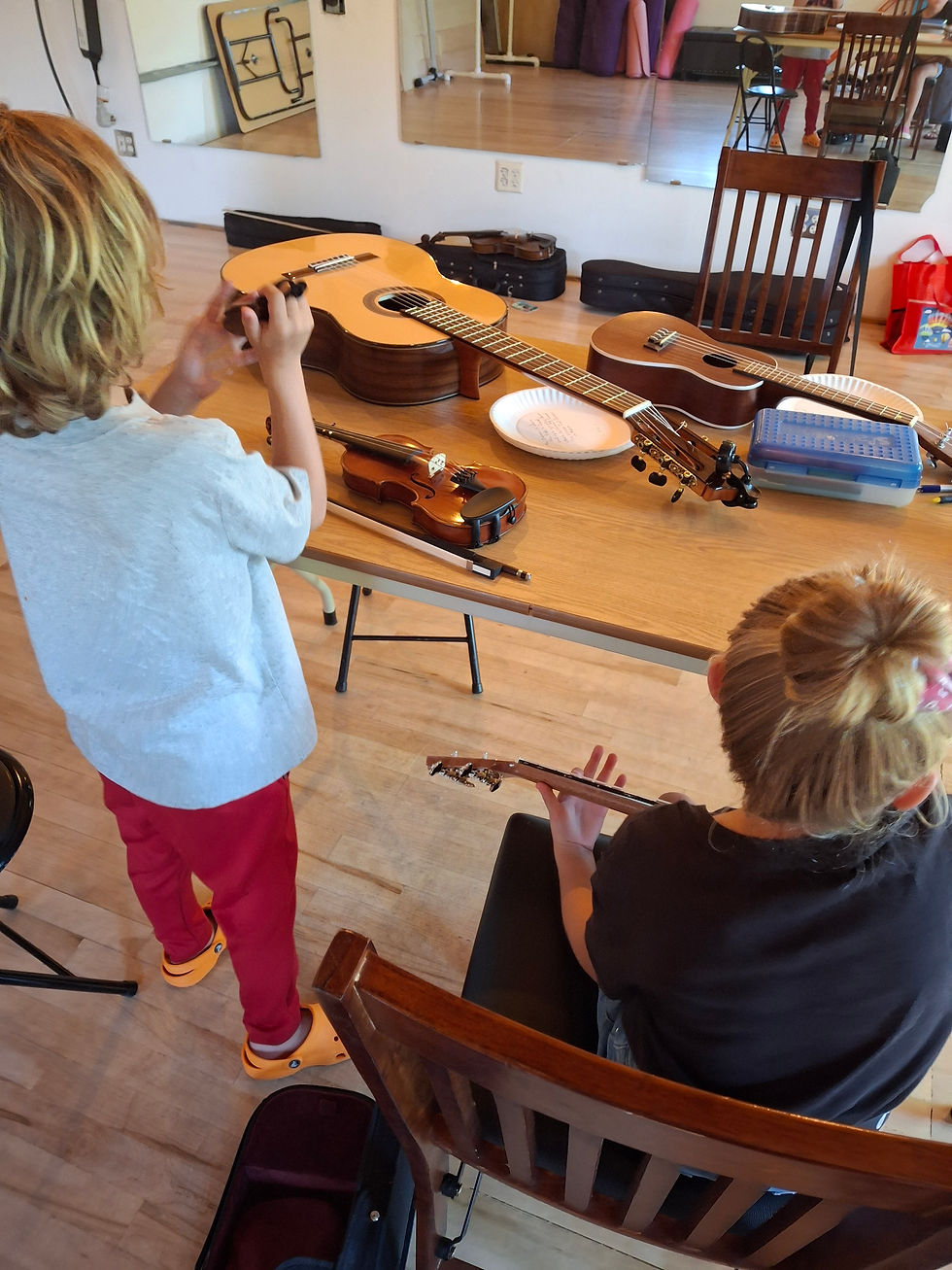The voice of hope Felicity Muench
- fmguitar7
- Nov 12, 2023
- 1 min read
Updated: Dec 23, 2023
When I was growing up, our home always had the Encyclopedia Britannica and a Dictionary, which my father encouraged me to use daily, whether for school work or to answer a question about life. I’ve always loved learning and still have a mind that is constantly curious and asking questions.
Which leads me to the question, what is Hope? As simple as this sounds, Hope is more complex than we think. In today’s world of massive change, uncertainty, and conflict, the word Hope is used now more than I remember, especially with young people. According to Webster’s Dictionary, the definition is “to cherish a desire with anticipation: to want something to happen or be true. A desire accompanied by expectation of or belief in fulfillment.”
To quote Brene Brown, “Hope is not an emotion. Hope is a cognitive thinking approach. Hope is not how we feel; it’s how we think.” Many people think of Hope as vague, wishful feelings of possibility. Yet Hope can be that voice that motivates us to keep going through struggles, achieve goals, and move mountains time and time again. Hope is an expansive inner voice that needs to be carefully listened to. Hope can lead us to better understand ourselves in unconventional ways. Trusting in our agency allows us to act on our hopes, allowing a new future to emerge. Our young people need to have Hope now more than ever. Let’s support and encourage their hopes.




Comments